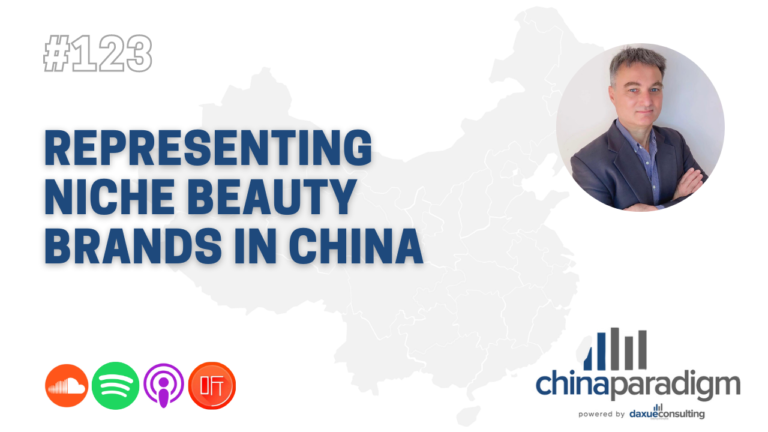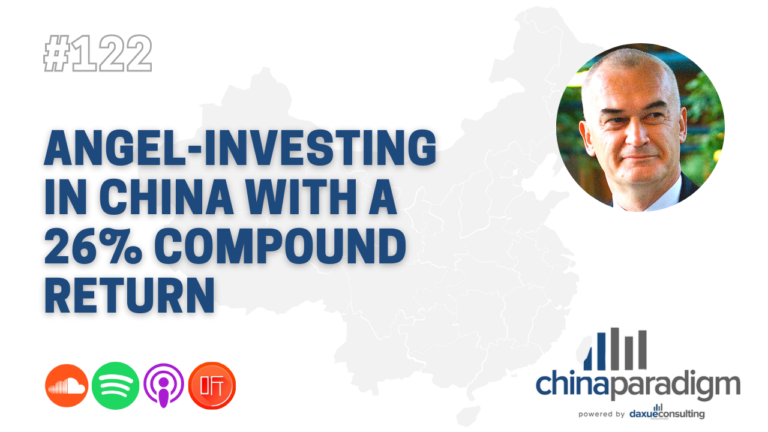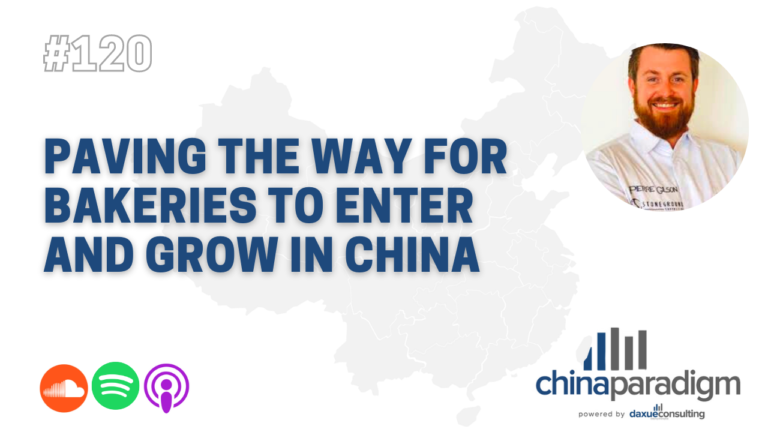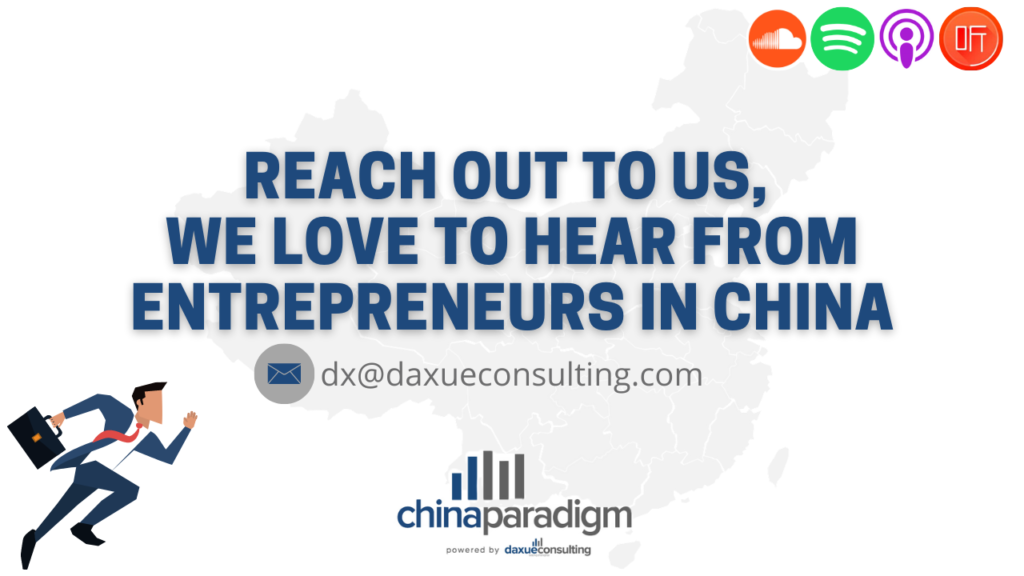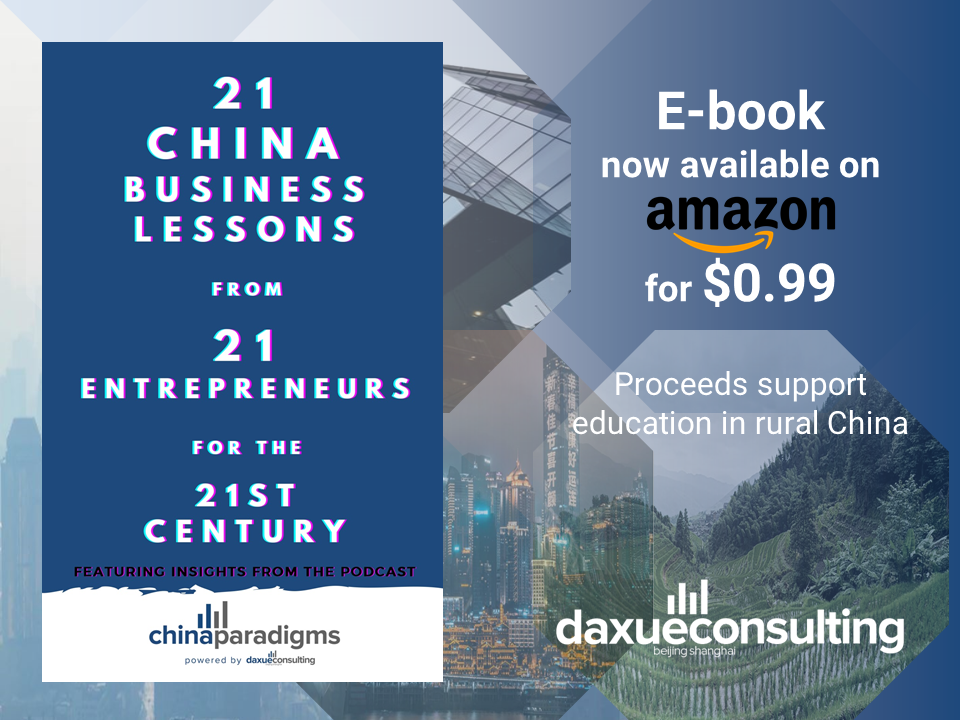China Paradigm interviewed Martin Papp, CEO and founder of Papp’s Tea, to understand how to develop business in China starting with zero capital, zero connections, and zero clients and how to bring innovations in the famous Chinese tea industry.
Martin Papp, a devoted tea lover, reinventing tea recipes in China
Graduated from the University of International Business and Economics of Beijing, Martin Papp has been living in Asia for the past ten years. After having worked in the music industry for 5 years where he spent a significant amount of time traveling around China as a performer, even starred in a Chinese TV Series called 歌海情天 broadcasted on CCTV8, he decided to embark on the entrepreneurial adventure in China in 2015. He founded Papp’s tea in Beijing and is now the CEO of this innovative tea brand in China.
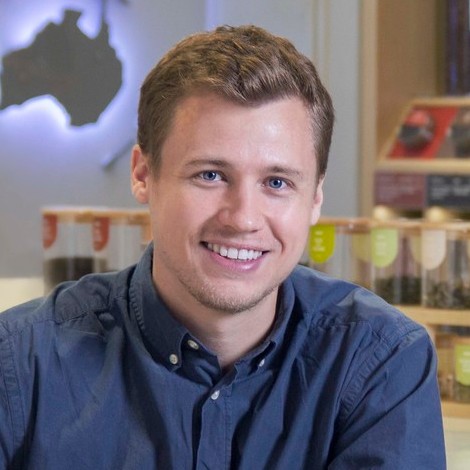
Today Martin Papp is also the head of Asia committee for Kombucha Brewers International which is a trade association committed to promoting and protecting commercial Kombucha Brewers around the world.
‘‘One thing that is great about China is that even if you find a very small niche, it is large enough to have a viable business.’’
Papp’s Tea, bringing modernity and youth in the Chinese tea industry
Papp’s Tea is a contemporary tea brand based in Beijing dedicated to providing the healthiest and highest quality teas in the world. This innovative tea brand in China is creating high-end western concept tea: they import teas and herbs to China and create creative blends. Their strategic idea is to introduce to China, which is the world’s largest tea market, western trends like Turmeric or Chai tea.
They position themselves as a healthy and ethical brand within the Chinese tea industry, having a designated Tea Lab research center devoted to designing 100% natural functional blends, tea cocktails, sparkling tea, and kombucha.
Today Papp’s tea has around 85 B2B clients and is selling over 350 locations around China, mostly high-quality full leaves and natural teas. Their revenues are generally around 700 000 RMB per month, so over a million dollars USD annually.

How to deal with Chinese regulations on beverages?
Lots of entrepreneurs in China want to create their own tea business, but the legal system is different from the Western one. In China, you will have to scale and to have an extensive amount of capital to overcome Chinese regulations on beverages.
Martin Papps explained that he has been trying to get kombucha off the ground in China for over two years and really subsidized the whole project because of his sales of tea. According to him, it is because he can get bottled teas in the right channels that he was able to reach 10 x multiple growths. The best way to overcome these tough Chinese regulations on beverages is to find partners to work with.
‘‘So, highly advised, not trying to build a factory yourself until you have significant sales traction.’’
That is why he outsourced everything, spending a lot of effort trying to find a manufacturing partner to customize their supply line to fit their specifications without paying an exorbitant amount of fees.
Creating a new segment within the Chinese tea industry: Kombucha in China
Kombucha is a sweet tea that is fermented with yeast in bacteria, creating something very similar to a cider or vinegar even. It is a sour, sweet, and fizzy tea recipe in China. It has become very popular in the United States a few years ago, thanks to its health properties. Indeed, it is a low calorie and low sugar drink that contains pro-biotics, organic acids, and a lot of benefits that normal tea drinks have (polyphenols, antioxidants, etc.).
‘‘China is a very sophisticated market for fermented products. Chinese consumers are very familiar with the benefits of fermented products.’’
Papp’s tea is the first company to launch Kombucha in China as a brand. The origins of Kombucha come from traditional Chinese medicine, but it has been quite forgotten. Today white collars, between 25 and 35 years old like to drink Kombucha in China.
The major challenge of China’s tea industry: attracting the younger generations
Martin Papp believes that young people still drink a lot of tea in China. Nevertheless, coffee consumption is growing. But if a lot of young Chinese consumers go to Starbucks, it is because they can’t find a location that is a real tea location that fits their lifestyle. They don’t want to go to a traditional Chinese tea house.
‘‘There has been rapid development in Chinese tea innovation and tea houses in the last couple of years, but around about 4 years ago there really wasn’t much, and I think that was because there is such a strong culture of Chinese tea and history behind it and they are very proud of the Chinese tea that they became very insular.’’
The Chinese tea industry was mainly about offering a high-end Chinese ceremonial experience and didn’t realize that there was tremendous opportunity to reinvent itself.
‘‘Today Chinese consumers want to drink things that are unique to their age group and not necessarily the same their grandfather drinks.’’
Listen to this episode here:






